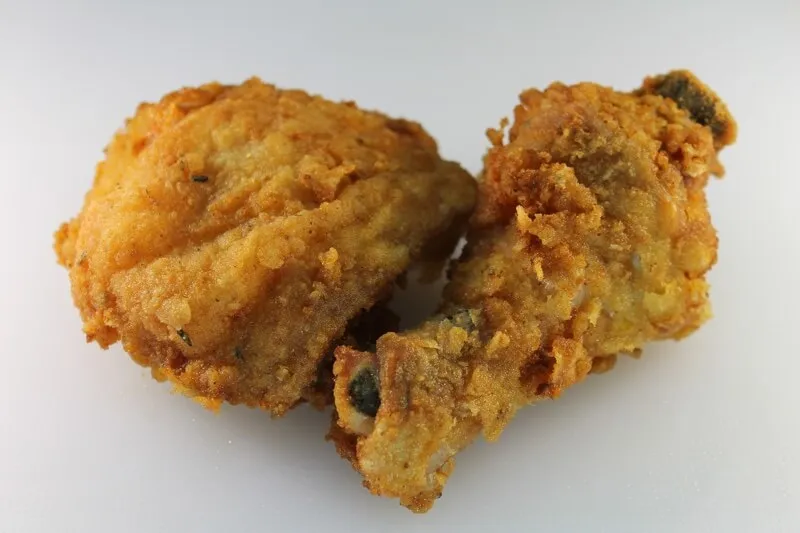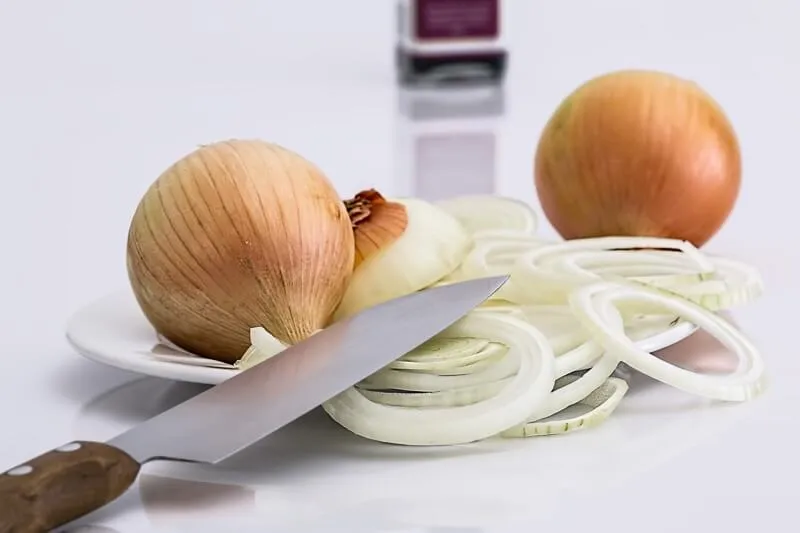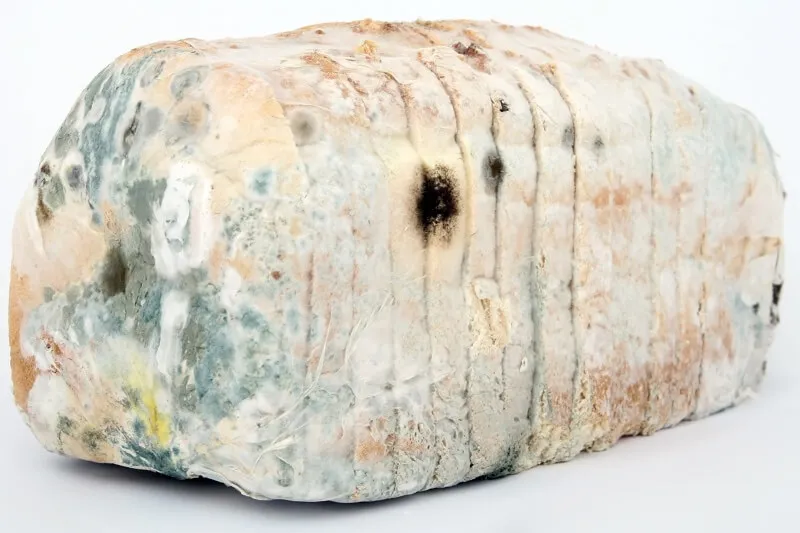As loving pet owners, we often share everything with our furry companions, including our meals. While a small bite of plain, cooked meat might seem harmless, it’s crucial to understand that not all meat – or meat preparations – are safe for dogs. In fact, some types and preparations can be downright dangerous, leading to serious health issues. This article from Dog Care Story delves into the question, “What Is The One Meat Dogs Should Avoid,” revealing that the answer is more nuanced than a single type of meat. Instead, it’s about preparation, processing, and potential contaminants that make certain meat products harmful. Let’s explore the essential facts to ensure your beloved canine stays healthy and safe.
Dogs thrive on protein, and meat is a primary source of this vital nutrient. However, the form and content of the meat can determine its safety. Understanding these distinctions is paramount for any responsible dog owner. While there isn’t one single “meat” that is universally toxic like chocolate or grapes, certain categories and preparations of meat should always be kept away from your dog to prevent severe health risks.
Understanding the “One Meat” Misconception
When asking “what is the one meat dogs should avoid,” it’s easy to assume there’s a single, universally dangerous meat type. In reality, the issue isn’t typically the type of meat itself (e.g., chicken, beef, pork), but rather how it’s prepared, its fat content, and whether it contains harmful additives or contaminants. Most lean, thoroughly cooked, unseasoned meats are safe for dogs in moderation. The dangers arise from various factors that turn otherwise harmless protein into a health hazard for your pet.
Raw Meat: A Risky Proposition for Dogs
The debate around raw meat diets for dogs is ongoing, but for the average pet owner, feeding raw meat from the grocery store comes with significant risks that outweigh potential benefits.
Primary Dangers of Raw Meat:
- Bacterial Contamination: Raw meat can harbor dangerous bacteria like Salmonella, E. coli, Listeria, and Campylobacter. These pathogens can cause severe gastrointestinal distress in dogs, including vomiting, diarrhea, and abdominal pain. More importantly, they can pose a risk to human family members through cross-contamination, especially children, the elderly, or those with compromised immune systems.
- Parasites: Raw meat can contain parasites such as Toxoplasma gondii or Trichinella spiralis, which can lead to serious parasitic infections in dogs, affecting their muscles, heart, and other organs.
- Choking and Internal Injury from Raw Bones: While some advocate for raw bones as a source of nutrients, they can still present choking hazards or cause dental fractures. Unlike cooked bones that splinter, raw bones can still get lodged in the digestive tract.
- Nutritional Imbalances: A homemade raw diet that isn’t carefully balanced by a veterinary nutritionist can lead to severe nutritional deficiencies or excesses over time.
For comprehensive information on safe feeding practices, you might want to learn more about what food is safe to feed dogs.
Processed Meats: A Cocktail of Harmful Ingredients
Many human processed meat products are absolute no-gos for dogs due to their high content of unhealthy additives.
High Sodium Content
Processed meats like bacon, ham, hot dogs, and deli meats are notoriously high in sodium. Too much salt can lead to sodium ion poisoning in dogs, causing excessive thirst and urination, vomiting, diarrhea, tremors, seizures, and potentially kidney damage. Even small amounts can be problematic, especially for smaller breeds or dogs with underlying health conditions.
Excessive Fat and Seasonings
 Fatty foods like hot dogs, bacon, ribs, or fried chicken can lead to severe gastrointestinal upset, causing vomiting and diarrhea. More dangerously, high-fat diets can trigger pancreatitis, a painful inflammation of the pancreas. Pancreatitis can range from mild to life-threatening and often requires intensive veterinary care. Some breeds, such as Miniature Schnauzers and Yorkshire Terriers, are particularly predisposed to this condition. If you notice your dog hunched over in pain or showing signs of severe abdominal discomfort, contact your vet immediately.
Fatty foods like hot dogs, bacon, ribs, or fried chicken can lead to severe gastrointestinal upset, causing vomiting and diarrhea. More dangerously, high-fat diets can trigger pancreatitis, a painful inflammation of the pancreas. Pancreatitis can range from mild to life-threatening and often requires intensive veterinary care. Some breeds, such as Miniature Schnauzers and Yorkshire Terriers, are particularly predisposed to this condition. If you notice your dog hunched over in pain or showing signs of severe abdominal discomfort, contact your vet immediately.
Many processed meats also contain spices and seasonings that are irritating or toxic to dogs. Garlic and onion powder, commonly found in sausages and deli meats, are particularly harmful.
Meat Cooked with Toxic Ingredients
It’s not just the meat itself, but what it’s cooked with that can be lethal. Many common human cooking ingredients are highly toxic to dogs.
Onions, Garlic, and Other Alliums
 Onions and garlic, along with chives, leeks, and shallots, belong to the Allium family. These ingredients contain compounds that can damage a dog’s red blood cells, leading to hemolytic anemia, a life-threatening condition where red blood cells are destroyed faster than they can be produced. Symptoms might not appear for several days and can include lethargy, weakness, pale gums, increased heart rate, and difficulty breathing. Even small amounts, whether fresh, cooked, or in powdered form (like garlic powder often used in seasoning meat), can be dangerous.
Onions and garlic, along with chives, leeks, and shallots, belong to the Allium family. These ingredients contain compounds that can damage a dog’s red blood cells, leading to hemolytic anemia, a life-threatening condition where red blood cells are destroyed faster than they can be produced. Symptoms might not appear for several days and can include lethargy, weakness, pale gums, increased heart rate, and difficulty breathing. Even small amounts, whether fresh, cooked, or in powdered form (like garlic powder often used in seasoning meat), can be dangerous.
Excessive Spices and Sauces
While a pinch of pepper might not be harmful, large quantities of spices, especially those common in rich meat dishes, can upset a dog’s stomach. Many gravies, marinades, and sauces contain high levels of fat, salt, sugar, and potentially toxic ingredients like onion or garlic powder, making them unsuitable for dogs.
Cooked Bones: A Major Hazard
 While the image above shows chocolate, a common human treat, it serves as a reminder that many human foods are dangerous. Similarly, cooked bones, regardless of the meat type, are extremely dangerous for dogs. When bones are cooked, they become brittle and can splinter easily. These sharp fragments can:
While the image above shows chocolate, a common human treat, it serves as a reminder that many human foods are dangerous. Similarly, cooked bones, regardless of the meat type, are extremely dangerous for dogs. When bones are cooked, they become brittle and can splinter easily. These sharp fragments can:
- Cause choking.
- Get lodged in the throat, stomach, or intestines.
- Puncture the digestive tract, leading to internal bleeding, peritonitis, and potentially fatal infections.
- Cause severe constipation or blockages.
Always remove bones from any meat you plan to share with your dog.
Spoiled or Undercooked Meat
 Just like humans, dogs can get very sick from eating spoiled food. Meat that has gone bad can harbor a multitude of harmful bacteria and toxins. Ingesting spoiled meat can lead to severe food poisoning, characterized by intense vomiting, diarrhea, lethargy, and dehydration. Some molds found on spoiled food can produce mycotoxins, which can cause serious neurological symptoms like tremors and seizures. Always discard old or rotten food securely where your dog cannot access it.
Just like humans, dogs can get very sick from eating spoiled food. Meat that has gone bad can harbor a multitude of harmful bacteria and toxins. Ingesting spoiled meat can lead to severe food poisoning, characterized by intense vomiting, diarrhea, lethargy, and dehydration. Some molds found on spoiled food can produce mycotoxins, which can cause serious neurological symptoms like tremors and seizures. Always discard old or rotten food securely where your dog cannot access it.
For a broader understanding of what your dog absolutely cannot have, check out our guide on what human food can dogs not have.
General Precautions for Feeding Meat to Dogs
To keep your dog safe and healthy, follow these guidelines when considering offering them meat:
- Always Cook Thoroughly: Ensure any meat given to your dog is cooked all the way through to eliminate bacteria and parasites.
- Keep it Plain: Never season meat intended for your dog. Avoid salt, pepper, onions, garlic, spices, sauces, and marinades.
- Remove Bones, Skin, and Excess Fat: Always debone meat, remove fatty trimmings, and take off the skin (especially from poultry) before offering it to your dog.
- Moderation is Key: Even safe meats should only be given as occasional treats and in small quantities, as they should not make up a significant portion of your dog’s balanced diet.
- Avoid Processed Human Meats: Steer clear of bacon, ham, hot dogs, deli meats, and sausages due to high sodium, fat, and preservative content. These meats are truly among the what meat dogs should not eat categories.
- Introduce Slowly: If introducing a new type of lean, cooked meat, offer a very small amount first to ensure your dog doesn’t have an adverse reaction or allergy.
- Consult Your Veterinarian: Always speak with your vet or a veterinary nutritionist before making significant changes to your dog’s diet or if you have concerns about specific foods. They can also advise on what is good for dogs to eat for optimal health.
What to Do If Your Dog Eats Dangerous Meat (or Other Toxic Food)
Despite your best efforts, accidents can happen. If you suspect your dog has ingested a harmful meat product or any other toxic substance, immediate action is crucial.

Signs of Food Poisoning or Toxicity:
Watch for symptoms such as:
- Vomiting
- Diarrhea
- Lethargy or weakness
- Loss of appetite
- Abdominal pain or bloating
- Excessive drooling
- Tremors or seizures (in severe cases)
Emergency Steps:
- Stay Calm: Panic can hinder your ability to think clearly.
- Contact Your Veterinarian or Animal Poison Control Immediately: Do not wait for symptoms to worsen. Have the ASPCA Animal Poison Control Center (APCC) number handy: 888-426-4435. They are available 24/7.
- Provide Information: Tell them what your dog ate, approximately how much, when they ate it, and your dog’s breed, weight, and age. If possible, have the packaging of the food ready.
- Do NOT Induce Vomiting Unless Directed: Inducing vomiting without professional guidance can be dangerous and cause further harm, especially if the substance is corrosive or the dog is already showing severe symptoms.
- Follow Veterinary Advice: Your vet may recommend diagnostic tests, induced vomiting, administration of fluids, or specific medications. In severe cases, hospitalization might be necessary.
While these treatments can be expensive, pet health insurance can help manage the costs. Consider getting a quote for your dog to ensure you’re prepared for unexpected medical emergencies.
Conclusion
While dogs are natural carnivores, the answer to “what is the one meat dogs should avoid” isn’t a single type of meat, but rather a category of preparations: raw meat with its bacterial and parasitic risks, processed meats laden with salt and fat, and any meat cooked with toxic ingredients like onions or garlic. Cooked bones also pose a significant threat, as do spoiled meat products.
Responsible pet ownership includes being vigilant about what goes into your dog’s bowl and what they might snatch from counters or garbage bins. Always prioritize plain, thoroughly cooked, lean meat, free of bones and seasonings, and offer it sparingly as a treat. When in doubt, always consult your veterinarian to keep your furry friend healthy and happy.
References
- ASPCA Animal Poison Control Center. (Accessed 2023). Toxic and Non-Toxic Plants and Food.
- American Veterinary Medical Association (AVMA). (Accessed 2023). Raw or Undercooked Animal-Source Protein in Cat and Dog Diets.
- PetMD. (Accessed 2023). Dangerous Foods for Dogs.
